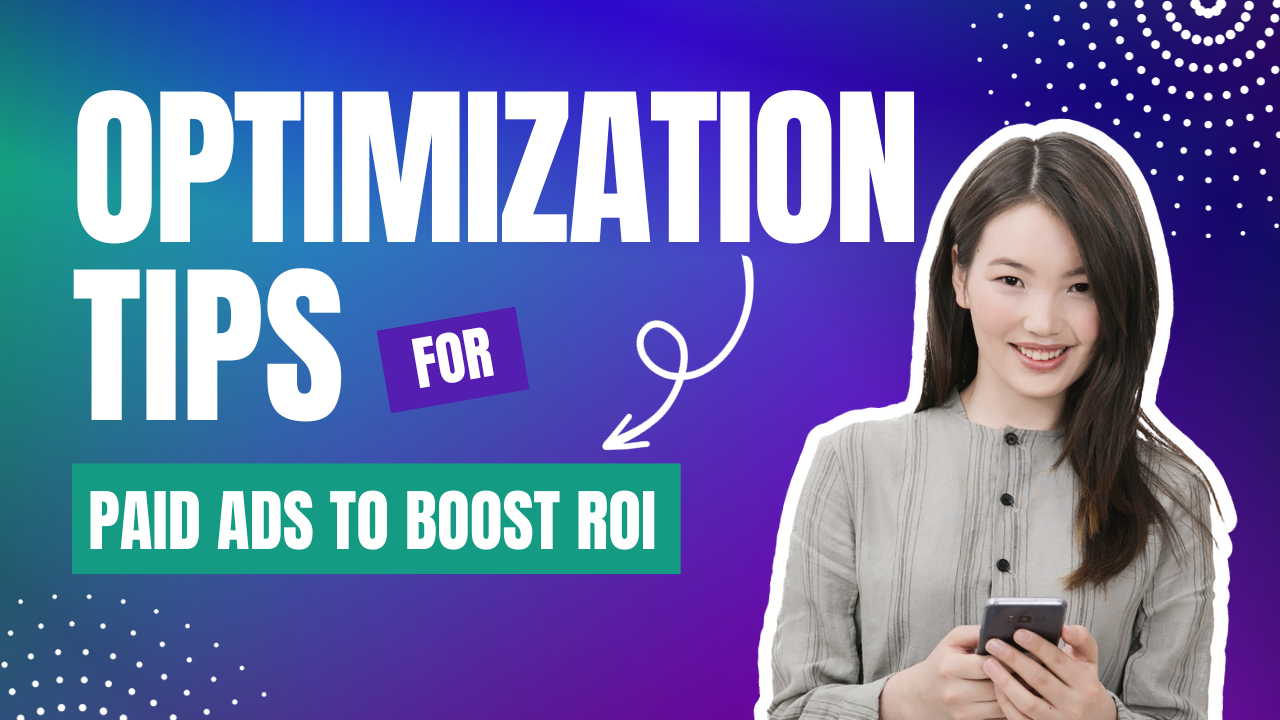- admin
- influencer marketing, Marketing, marketing 101
- 0 Comments
- 516 Views
Influencer marketing has become a potent tool for brands to connect with their target audience in the modern digital landscape, where social media has permeated every aspect of our daily lives.
When promoting goods and services on social media, influencer marketing makes use of the popularity and reach of well-known individuals.
This article examines the efficiency of influencer marketing and offers tips on how businesses can use it to improve their online visibility and stimulate expansion.
Introduction
The effectiveness of conventional advertising strategies is waning in an age of ad-blocking and information overload.
When choosing products to buy, consumers now look for authenticity and sincere recommendations. Influencer marketing excels in this area.
Brands can benefit from the credibility and trust that influential people have developed with their audience by working with them because they have a loyal following.
Acquiring knowledge of influencer marketing.
Influencer marketing is a type of cooperative marketing that focuses on utilising the influence and reach of well-known people on social media platforms. Influencers are people with a committed and devoted following who are trusted for their advice and viewpoints.
Influencer partnerships allow brands to reach their audience and effectively market their goods or services.
Influencer marketing’s advantages.
Enhanced reach and visibility
Expanding a brand’s reach and visibility is one of the main benefits of influencer marketing. Working with influencers enables brands to directly reach this audience as they already have a loyal following. Increased brand recognition and a larger customer base may result from this exposure.
Creating Credibility and Trust
The relationship and trust between influencers and their followers are strong.Influencers’ followers take their endorsements of a company or item as sincere recommendations. Consumers are more likely to think about and buy the promoted products or services as a result of this helping the brand gain credibility and trust.
Targeted Audience engagement
Influencers have a thorough understanding of their audience and specialize in particular niches. Brands can guarantee that the right audience sees their marketing efforts by working with influencers relevant to their sector or target market. Higher engagement rates and more meaningful interactions with prospective customers result from this targeted approach.
Cost-effective marketing strategy
Influencer marketing can be more affordable than using conventional media for advertising. Brands can direct their budget toward working with influencers who have a strong alignment with their target audience instead of heavily investing in paid ads or sponsored content. This focused strategy frequently produces better outcomes for less money.
How to Pick the Correct Influencers.
Define Your Goals
It’s critical to establish your objectives before engaging in influencer marketing. Having specific goals will help you find the right influencers for your brand, whether your goal is to build brand awareness, promote conversions, or establish thought leadership.
Conduct Relevant Influencer Research.
Find influencers in your industry or niche by doing some initial research. Search for people who share the same values as your brand, your target market, and your domain of expertise. Identifying pertinent influencers can be made easier with the help of tools like social media listening platforms or influencer discovery platforms.
Analyze metrics for audience and engagement
Investigate the audience’s demographics and engagement metrics once you’ve identified potential influencers. Consider variables like audience size, engagement level, and audience credibility. The effectiveness of an influencer is demonstrated by genuine engagement and a committed following.
Authenticity and Alignment are evaluated.
Authenticity is crucial in influencer marketing. Verify the influencer’s authenticity with respect to your brand by examining their content, brand partnerships, and audience interaction. Stay away from influencers who have a history of unethical or contentious behavior because it could harm the reputation of your brand.
Making an Influencer Marketing Campaign that Works.
Setting Specific Goals and Expectations is point number one.
To the influencers you work with, express your campaign’s goals and expectations in clear terms. Give them specific instructions, key messages, and the results you hope to achieve.
This will make sure that everyone is on the same page and working toward the same objectives.
Involvement of Influencers
Influencer partnerships should involve more than just one party promoting a product. To produce authentic content that connects with their audience, encourage influencers to contribute their creative thoughts and ideas.
Due to the fact that they seem more authentic and natural, collaborative campaigns frequently produce better results.
Create Entertaining and Genuine Content strategy.
Focus on producing engaging and genuine content if you want your influencer marketing campaign to have the greatest possible impact.
Incorporate your brand message as naturally as possible into the influencer’s content style. This will make sure that the endorsement comes across as genuine and connects with their target audience.
Track and evaluate the performance of your campaigns.
Understanding the effectiveness of your influencer marketing campaign requires tracking and measuring its performance. Monitor metrics such as reach, engagement, conversions, and return on investment (ROI) by using tracking tools, distinctive URLs, and personalized coupon codes. You can improve future campaigns by using this data to hone your strategies.
Overcoming Obstacles in Influencer Marketing.
Fake Engagement and Fraudulent Influencers.
Influencer fraud and fake engagement metrics are also on the rise as a result of influencer marketing. To find genuine influencers who engage in genuine conversation, brands must conduct extensive due diligence.
To make sure you are working with reliable influencers, check out their audience interactions and employ tools that examine the authenticity of follower engagement.
Upholding Authenticity and Transparency.
In order to keep your audience’s trust, transparency is essential in influencer marketing. Use hashtags like #ad or #sponsored to clearly identify any sponsored content or partnerships, or abide by local advertising laws. Transparency improves the reputation of your brand and helps you stay clear of any potential moral and legal pitfalls.
Navigating Legal and Ethical Considerations.
Influencer marketing involves a number of ethical and legal considerations, including adherence to disclosure standards, intellectual property laws, and advertising regulations.
Learn about these factors so you can make sure your campaigns abide by the law and moral principles.
Conclusion
Brands now interact with their target audience in a completely new way thanks to influencer marketing.
Brands can expand their reach, establish credibility and trust, interact with a specific audience, and produce cost-effective marketing outcomes by utilising the social media influence of influential people.
To make the most of influencer marketing for your brand, you must pick the appropriate influencers, create compelling campaigns, and deal with any obstacles.





